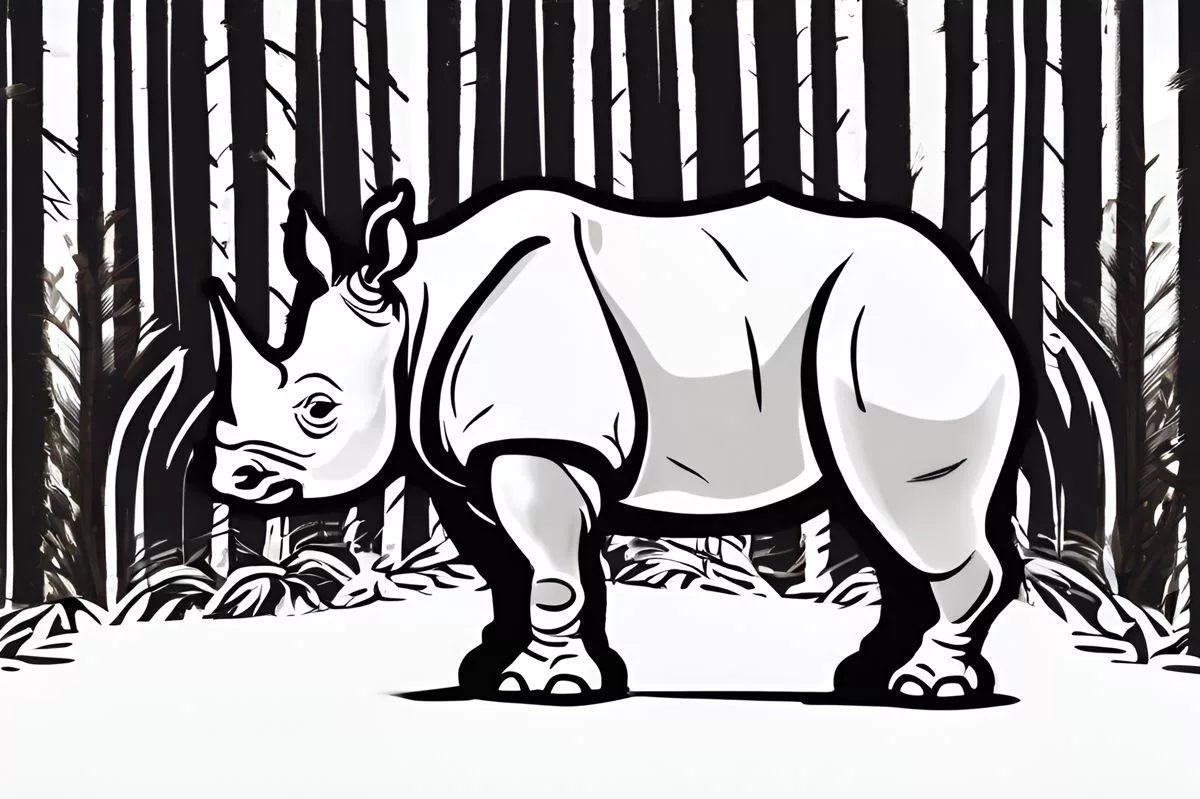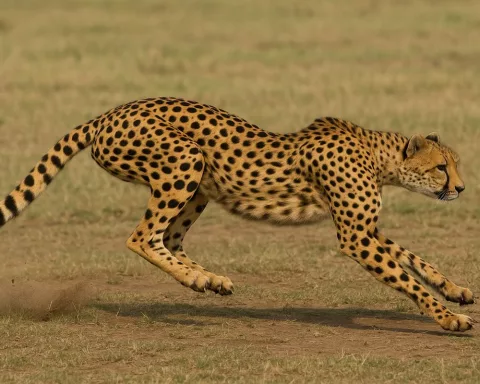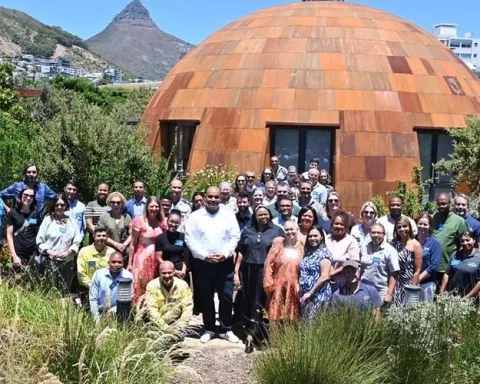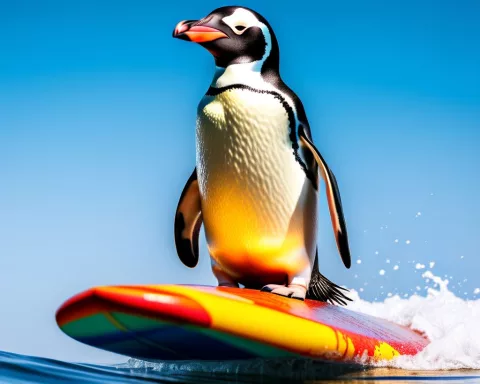World Ranger Day, celebrated on July 31, is a day to honor the brave men and women who protect and preserve our natural environment. This year’s theme, “30 by 30“, calls for a conservation target of 30% of protected areas by 2030. Rangers play a vital role in this drive towards a sustainable future and are champions of environmental preservation. The celebration is also an opportunity to remember those rangers who have tragically died in the line of duty and to acknowledge the challenges faced by those who continue to protect our natural inheritance.
What is World Ranger Day?
World Ranger Day is an annual celebration on July 31 that honors the men and women who protect and preserve our natural environment. It is a time to reflect on the remarkable efforts made by rangers, acknowledge the challenges they face, and remember those who have tragically died in the line of duty. This year’s theme, “30 by 30”, calls for a conservation target of 30% of protected areas by 2030 and aligns with SANParks’ Vision 2040 initiative. Rangers are vital advocates for this drive towards a sustainable future.
Section One: Recognizing the Guardians of Our Ecosystem
Late July is a time of year that holds a special significance for those who value our planet’s natural resources. World Ranger Day, celebrated annually on July 31, is a tribute to the dedicated men and women who devote their lives to preserving our natural environment for current and future generations. In this spirit, Deputy Minister of Forestry, Fisheries, and the Environment, Ms. Bernice Swarts, recently gave a stirring keynote address at Kruger National Park, Mpumalanga.
This day holds both grandeur and solemnity. It provides us an opportunity to reflect on the extraordinary efforts made by rangers. These champions of environmental preservation constantly risk their lives, standing at the forefront of the fight to conserve our natural inheritance. Additionally, this day also marks a moment to remember the rangers who have tragically died in the line of duty and acknowledge the growing global challenges they face.
Section Two: Understanding the World Ranger Day Theme
This year’s World Ranger Day embraced the slogan “30 by 30”. This call to action mirrors the ambitions of the Convention on Biological Diversity at COP15, where global leaders and decision-makers endorsed the Global Biodiversity Framework. The objective here is to achieve a conservation target of 30% of protected areas by 2030. These goals are not mere numerical targets; they symbolize the tangible, significant actions taken by rangers every single day.
In South Africa’s National Parks (SANParks), the day was recognized under the theme “Rangers Are Custodians of Our Heritage”. This powerful statement is more than a catchy phrase. It encapsulates the truth that through their commitment and unwavering dedication, rangers are the true guardians of our environmental heritage.
Section Three: Rangers and Vision 2040
SANParks’ Vision 2040 maps a route towards future conservation, aligning with the themes of this year’s World Ranger Day. It extends beyond merely a strategic biodiversity preservation plan or establishing sustainable ecosystems. Vision 2040 is a master plan to cultivate a collective sense of community, healing, and inspiration among all South Africans.
Rangers have a unique capacity to engage with the community and inspire others, making them vital advocates for the Vision 2040 initiative. The program’s aim is to create robust, sustainable, and climate-resilient sanctuaries. Rangers, in their diverse roles from community engagement and education to leadership and decision-making, are primed to spearhead this drive towards actualizing Vision 2040. Their distinctive perspectives, experiences, and insights are priceless in fostering a sense of unity and healing among South Africans.
Section Four: Progress and Challenges in Conservation
The future Vision 2040 seeks to secure is one where both our natural and cultural heritage is preserved for upcoming generations. SANParks’ conservation endeavors, which stem from the dedication of both rangers and scientists, have already reaped rewards. An example is the incredible recovery of the bontebok (Damaliscus pygargus) population. In the 1930s, a mere 17 bontebok remained, but due to concerted conservation efforts, their population rose to over 3,000 by 2018. Today, the species thrive in protected habitats, demonstrating SANParks’ commitment to preserving endangered and extinct species.
The grueling battle against wildlife poaching is another area where rangers’ relentless efforts are apparent. Collaboration with security clusters, communities, and the integration of technological advancements have been instrumental in fighting this issue. The rangers’ unwavering commitment and integrity are crucial in safeguarding our natural and cultural heritage.
Section Five: Appreciating and Honoring the Rangers
The World Ranger Day celebration extends beyond recognizing the challenges they face and their roles in conservation. It is also an occasion to express our gratitude, to acknowledge that their dynamic presence sets the agenda for conservation. They are the ones who bring to life the legal mandate requiring SANParks to manage and protect our national parks.
As her address came to an end, Deputy Minister Swarts made sure to express her gratitude to the Honorary Rangers for their relentless fundraising endeavors and the South African Police Services, National Prosecuting Authority, and South African Defense Force for their invaluable support. These partnerships are foundational in the battle against environmental threats.
As we commemorate another World Ranger Day, let’s remember the service of our rangers. Let’s honor their bravery, dedication, and the essential role they play in preserving our natural heritage. In the words of Deputy Minister Bernice Swarts, may their numbers “increase without limits” and may the memories of those who sacrificed their lives in service “rest in power”. Here’s to our rangers, our custodians of heritage, and our protectors of nature.
1. What is World Ranger Day?
World Ranger Day is an annual celebration on July 31 that honors the men and women who protect and preserve our natural environment. It is a time to reflect on the remarkable efforts made by rangers, acknowledge the challenges they face, and remember those who have tragically died in the line of duty.
2. What is the theme of this year’s World Ranger Day?
This year’s theme is “30 by 30”, which calls for a conservation target of 30% of protected areas by 2030. Rangers are vital advocates for this drive towards a sustainable future and are champions of environmental preservation.
3. What is SANParks’ Vision 2040?
SANParks’ Vision 2040 is a master plan to cultivate a collective sense of community, healing, and inspiration among all South Africans. It extends beyond merely a strategic biodiversity preservation plan or establishing sustainable ecosystems. The program’s aim is to create robust, sustainable, and climate-resilient sanctuaries.
4. What are some examples of progress made in conservation?
An example of progress made in conservation is the incredible recovery of the bontebok population, which rose from 17 individuals in the 1930s to over 3,000 by 2018. SANParks’ conservation efforts have also been instrumental in fighting wildlife poaching through collaboration with security clusters, communities, and technological advancements.
5. How can we appreciate and honor the rangers?
We can appreciate and honor the rangers by expressing our gratitude and acknowledging the essential role they play in preserving our natural heritage. Partnerships with organizations such as the Honorary Rangers and South African Police Services are also foundational in the battle against environmental threats.
6. How can rangers help achieve Vision 2040?
Rangers can help achieve Vision 2040 through their unique capacity to engage with the community and inspire others. Their diverse roles, from community engagement and education to leadership and decision-making, are primed to spearhead the drive towards actualizing the program’s aims. Their distinctive perspectives, experiences, and insights are priceless in fostering a sense of unity and healing among South Africans.












